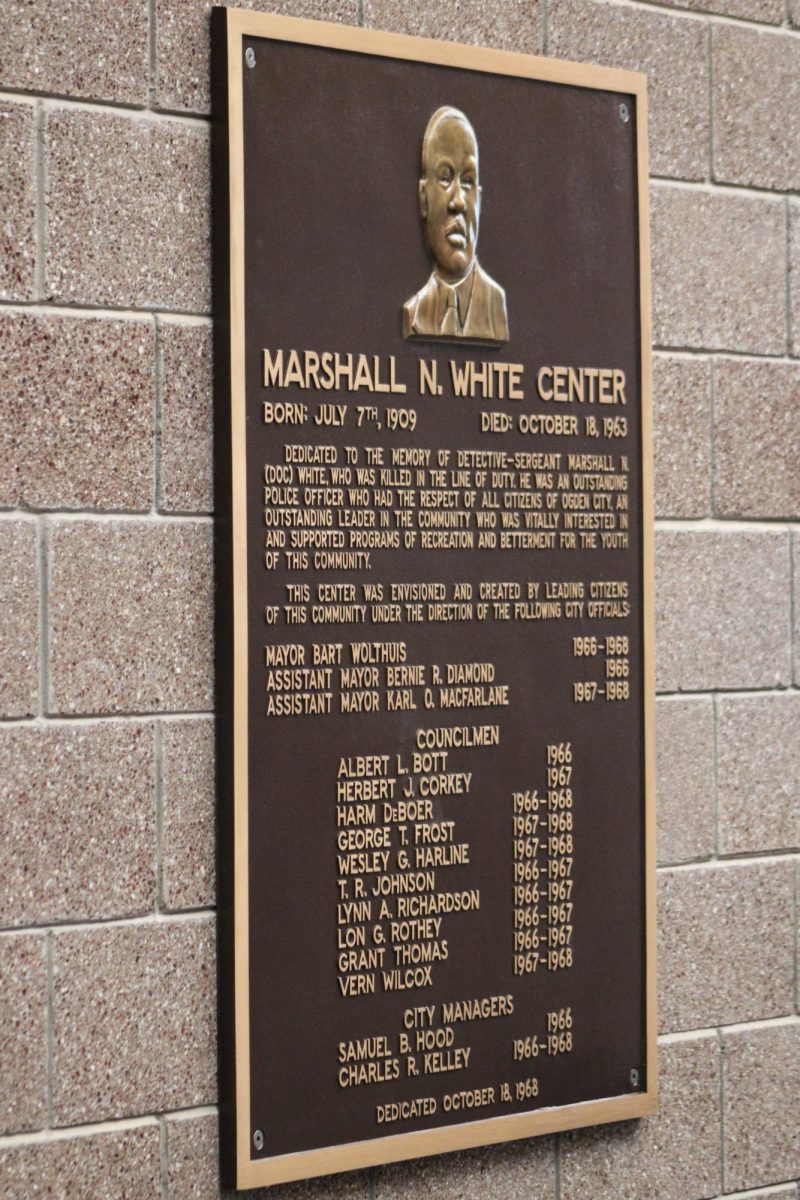The new Money Management Center hosted a grand opening Sept. 6 from 10:30 a.m.-1:30 p.m. at their office, which is Shepherd Union Room 214A. The event was held to help students learn about the Money Management program and how to develop their financial management skills.
“The grand opening for the Money Management Center was a way for us to let the students know where we are and that we exist,” said Daniel Kilcrease, director of Housing & Residence Life and chair of the Money Management Center Task Force.
All the financial coaches are part time and will only be available when they are scheduled to meet with a student. But the program has goals to become large enough to have full-time advisors in office hours constantly.

Weber has five financial coaches ready to help WSU students who have any questions on money management. These members include Kilcrease, advisor and financial services specialist for Student Support Services John South, Weber State’s chair of the Professional Sales Department Blake Nielson, Stewart Library Business and Economics Librarian Ed Hahn and assistant professor of economics Dr. Jennifer Gnagey.
Interested students need to make an appointment when a peer mentor is in office via email or phone call, but there will be a guaranteed one-on-one financial advising for every appointment.
Peer mentors are trained to give basic financial advice to any small questions a student may have. If a student has complicated questions, then the mentor will help them schedule a consultation with a financial advisor.
The financial advising offered from the program includes budgeting and cash flow, saving, and wealth building, student loans and paying for college. Students can also apply for free coaching sessions on credit card debt and paying bills each month, in addition to the previous advising topics.
Another goal of the program is to host a money management simulator for students to learn how to use their money wisely and having.
Presentations are also hosted for First Year Experience classes. Four presentations on financial topics are budgeting, large purchases such as houses and cars, managing debt, and wealth building and investing. All these presentations are 50 minutes long. There are about 20 planned presentations this semester.



















